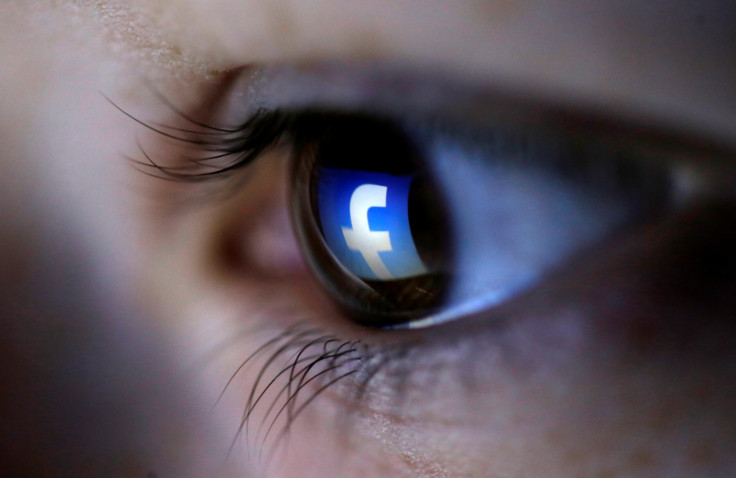After China, Pakistan signs up to monitor citizens' online activity: Report
The country will install a 'web monitoring system' nationwide.
Online surveillance seems a favourite tool for countries to spy on their own citizens. While China is building cameras that will be able to recognise faces among crowds and record their activities, other countries aren't far behind.
Pakistan has acquired the services of a Canadian surveillance company, Sandvine and is working on creating a nationwide "web monitoring system".
Coda Story reported on Thursday that Sandvine will provide the Government of Pakistan equipment for monitoring and analysing all incoming and outgoing internet traffic in the country. The contract is reportedly worth $18.5 million and has been signed in December last year. Data will be measured and recorded under the aegis of the country's telecom regulator Pakistan Telecom Authority (PTA).
Pakistani firm Inbox Technologies Pvt. Ltd. will be the local partner for Sandvine and will be responsible for procuring hardware, software and related services for creating a full-scale web monitoring system.
The technology being used for the purpose is Deep Packet Inspection, which is also used by China to surveil its citizens' online activities for unlawful activities. Any data, in or out of Pakistan, may be easily checked by the government and all activities will be recorded.
The system will give the government full autonomy to silence the online activities of journalists, activists and political dissidents.
The system is yet to be operational. The PTA had previously invited bids for building a system for classifying unlawful content in three categories – blasphemous, indecent, immoral or anti-state. While all of these are worrisome, the last one is particularly indicative of a police state built on technology.
Sandvine has been selling such technology to authoritarian regimes such as Turkey, Egypt and Syria and also bundles regular problems with spyware.
The Government of Pakistan has already blocked 925,000 websites for "anti-state, anti-judiciary, defamation, disinformation, sectarian and hate-speech content". Pakistan has also blocked global organisations such as Voice of America for airing content critical of the state.
The news which has emerged when Facebook CEO Mark Zuckerberg is appearing before Congress is indicative of a world, where political leaders in liberal democracies don't understand technologies. Authoritarian regimes, on the other hand, are using technology to further their aims, in an international atmosphere, where there is no retribution for such acts.
These are scary times to be living in.

© Copyright IBTimes 2025. All rights reserved.





















